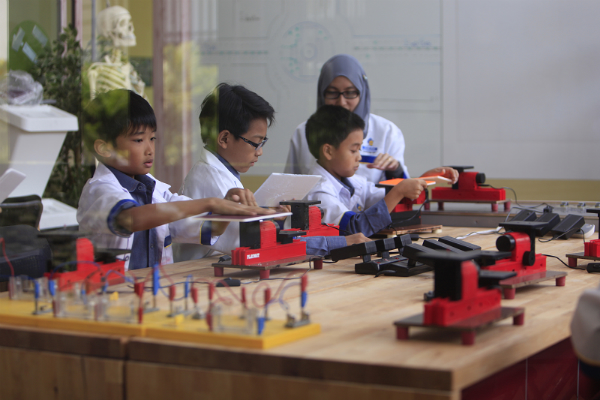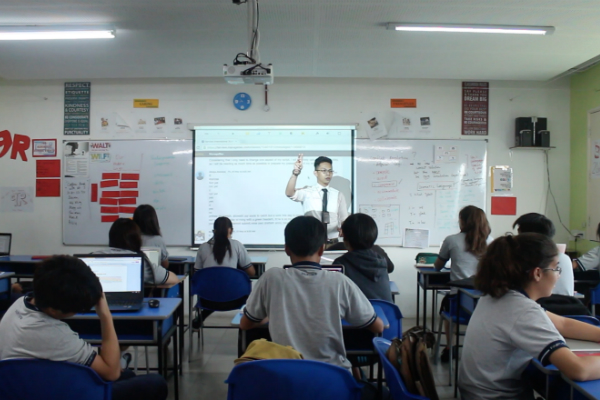6 things you would need to know about International Schools
 Schooladvisor Team
Schooladvisor TeamMore Malaysians are enrolling in international schools and this has led to an increase in their number from 66 schools in 2010 to 126 this year. Due to it's rise in popularity, here are six things you need to know about International schools in Malaysia:
Why should I send my kids to International school?
International schools offer a different teaching and learning experience from public and private schools. Students have the opportunity to be exposed to a holistic and well structured system where students are able to learn and grow dynamically.
Furthermore, the international aspect of the curriculum and school setting prepare students for a much more globalized world of the future.
Where can my child study?
There are currently a growing number of International schools offering primary and secondary education all over Malaysia. The concentration of schools are within the areas of the Klang Valley, Penang and Johor.

A number of these schools also offer boarding for students traveling far from the school's location.
What will the school teach my kids?
International schools in Malaysia offer a plethora of curriculum. From foreign national curriculum to internationally recognized curriculum such as IGCSE and the International Baccalaureate, to name a few.
Some schools have also combined different curriculum to provide a wider range of choices to parents and students.
Is it expensive?
Contrary to popular belief, an International school education will not necessarily break the bank. Parents now are able to source from a wide range of choice with schools offering competitive fee that can go as low as RM 20,000 to RM 160,000 per year.
What does the Malaysian government say?
The Malaysian Ministry of Education provides the regulation behind licensing, enforcement and ensuring that International schools adhere to the regulations provided.
Jabatan Pendidikan Swasta (Private Education Department) under the MoE is known to be very strict and has fined schools that were found to conduct violations in the past.
Where can my child go from here?
Qualifications from International schools are globally recognized by universities and institutes of higher learning. Most graduates from International schools have a better chance to pursue further studies overseas.
However, there are also local institutions such as Universiti Malaya, Universiti Tenaga Nasional and International Islamic University which recognises the IB diploma as an entrance certificate in Malaysia.







